Take Action
There are many ways you can help protect birds and other threatened species. Below are some basic actions you can take to get started. Many of these actions are also wins for humans!
-
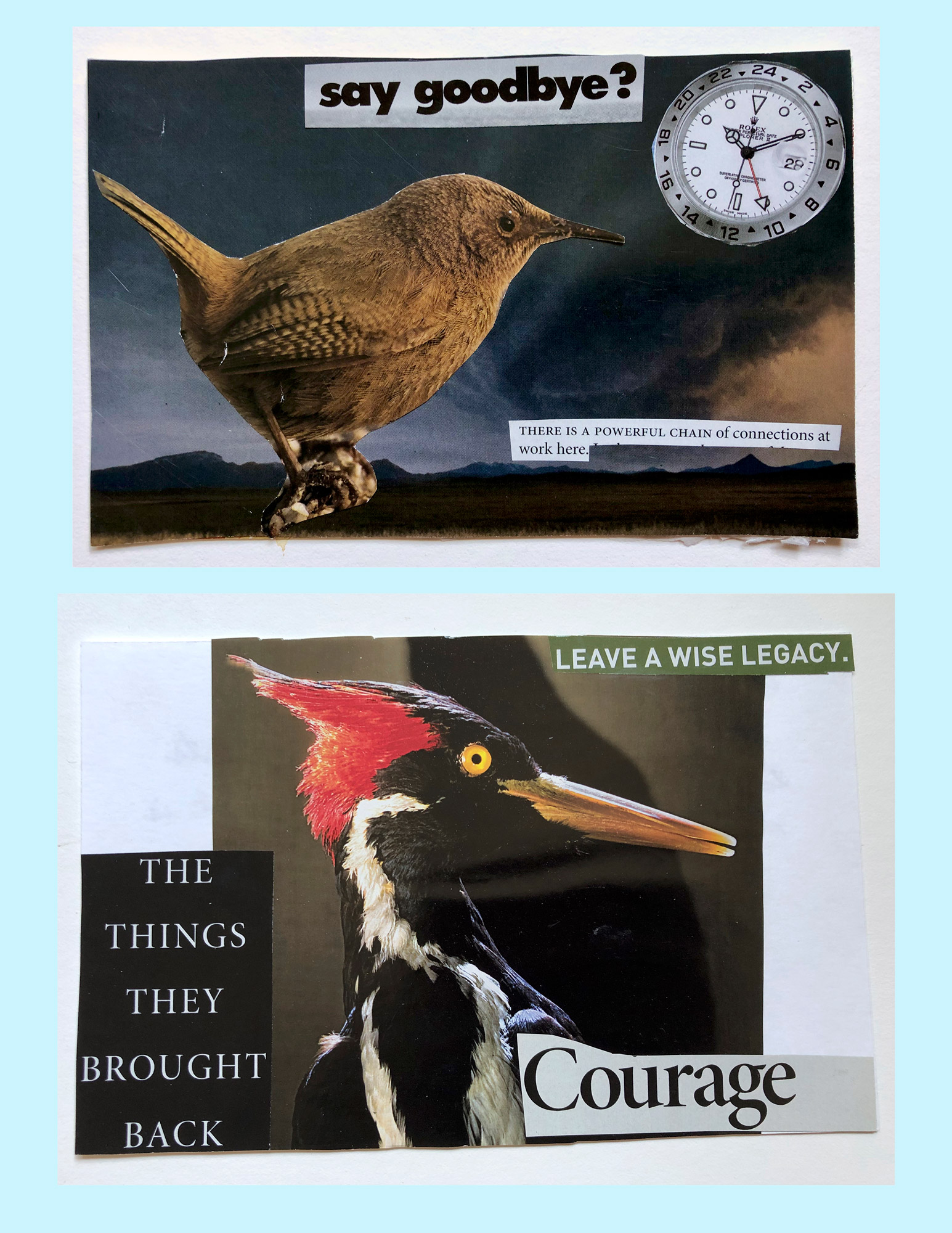
Be an advocate for birds! The National Audubon Society has many campaigns focused on at-risk species and protective environmental legislation. You can sign up here to join Audubon’s Action Network. These collaged cards were made at a “Postcards for Politicians” workshop and sent to legislators asking them to support bird-friendly, climate-forward policies. Also there are more citizen-science opportunities listed on the Resources page.
-
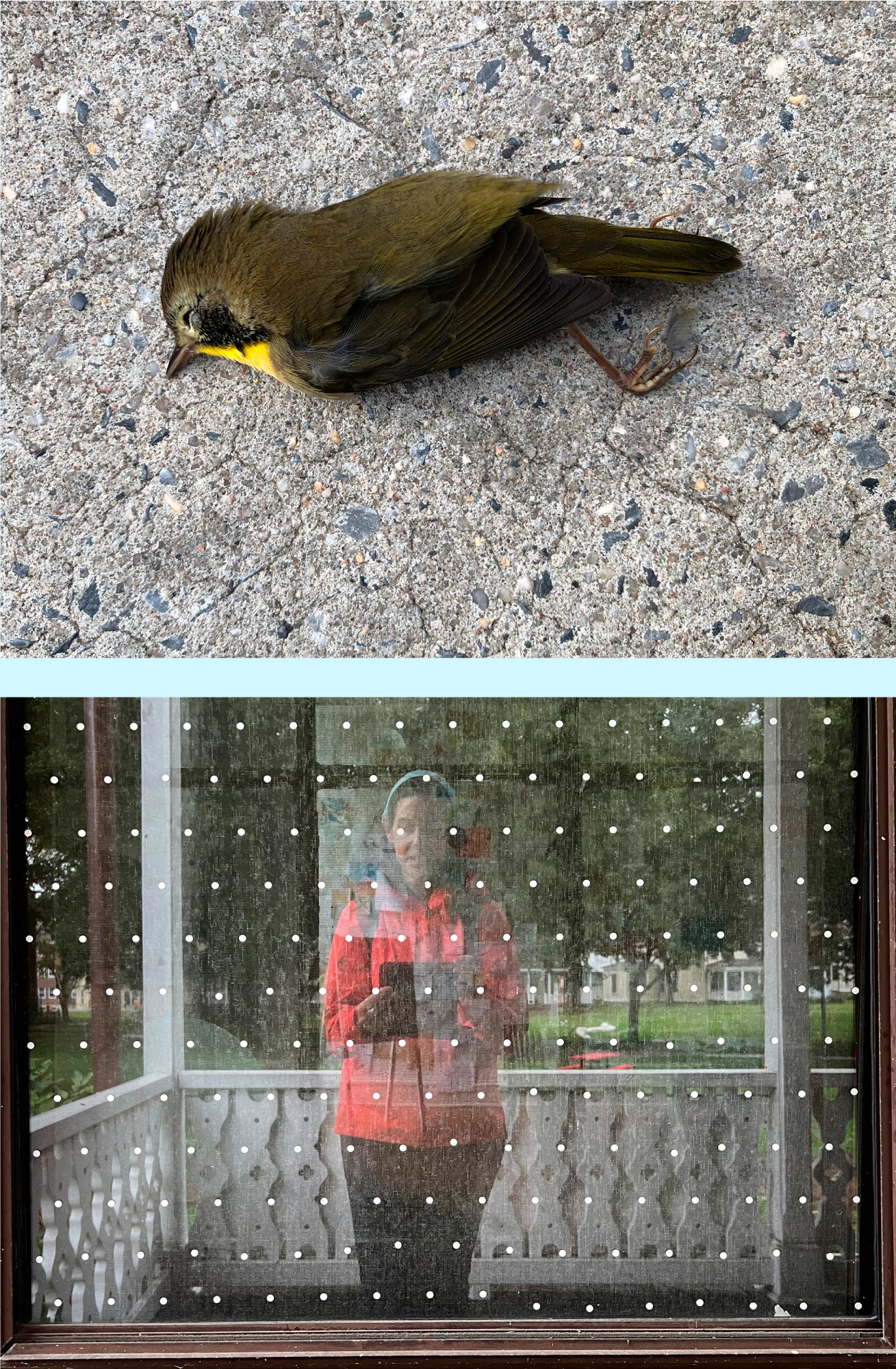
Prevent bird strikes: Make your windows safer both day and night. Here is a book you can read to learn more about what you can do. Above is an immature male Common Yellowthroat killed by a window strike in New York City. Below are dot decals that come in sheets to attach to your windows to make them safer for birds. You can learn tips for creating bird-friendly glass on the NYC Bird Alliance and the FLAP websites.
-
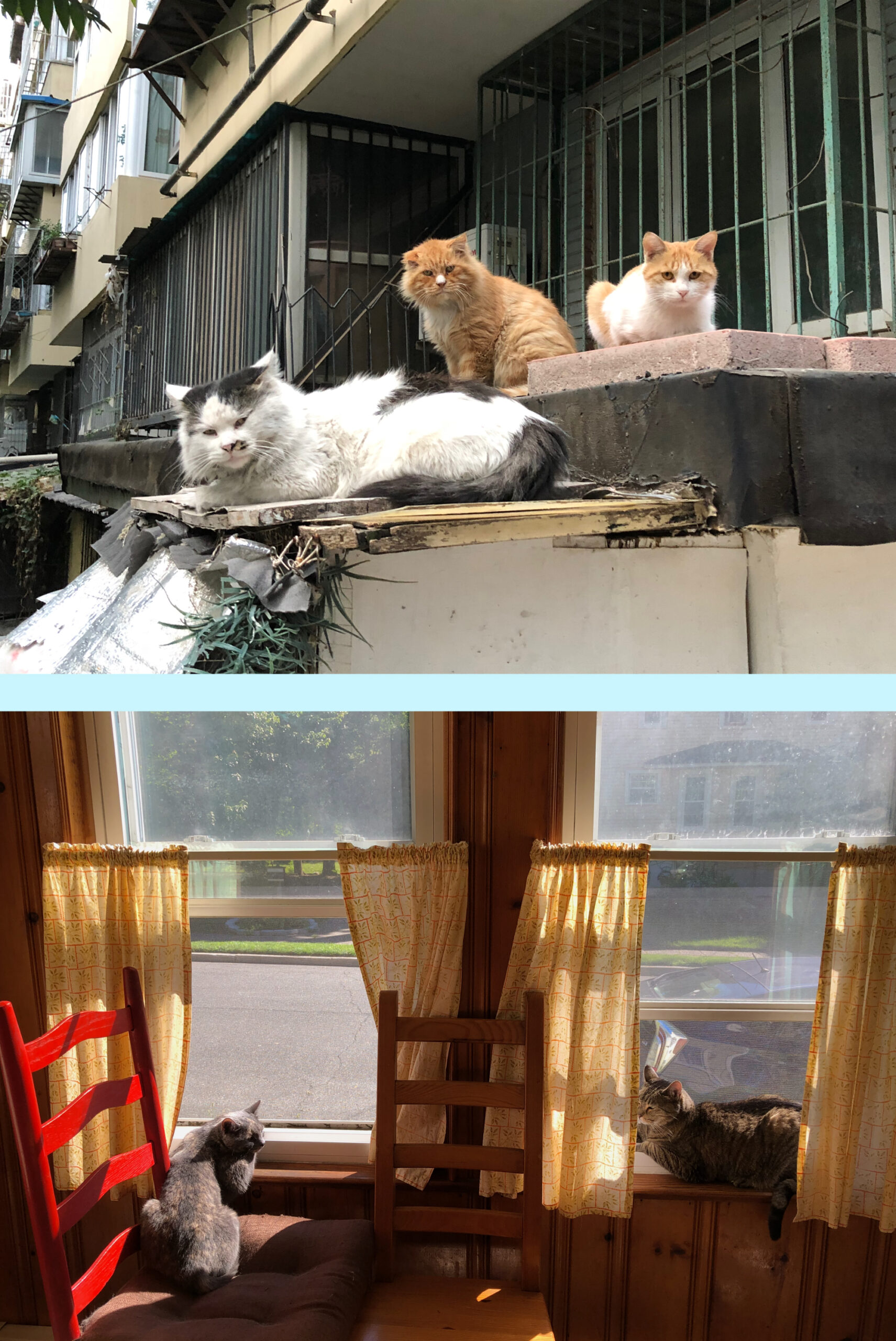
Keep cats indoors: An estimated 2.6 million birds are killed annually in the U.S. and Canada by cats. See how much happier and relaxed these indoor cats look? Also, please keep dogs on leashes near sensitive bird habitats, especially during nesting season.
-
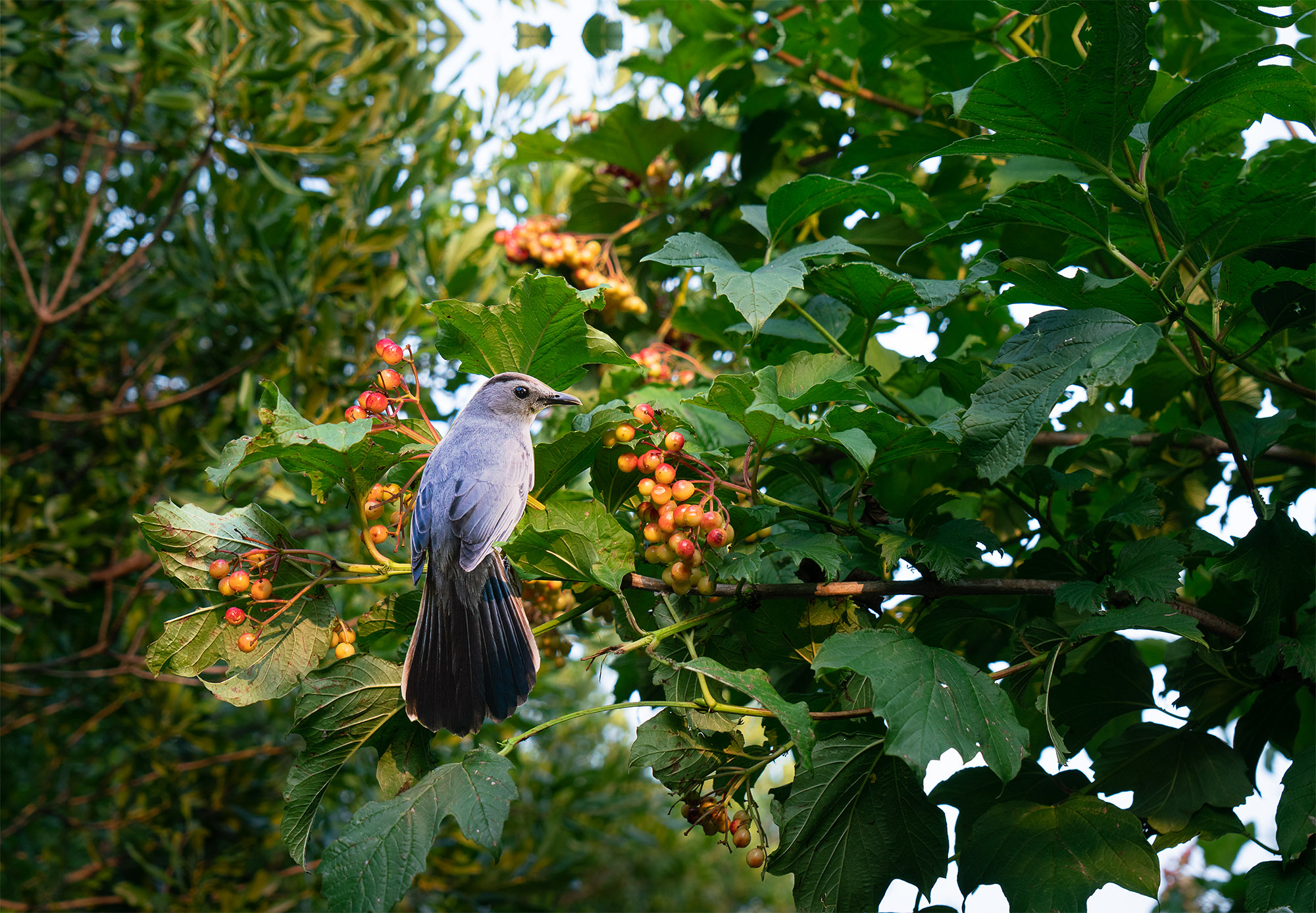
Plant native species: reduce your lawn and invite birds and pollinators to your yard. Shown here is a cutout of a Gray Catbird in a Maple-leaf Virburum, a colorful native plant in the northeast United States that provides berries for birds and other wildlife
-
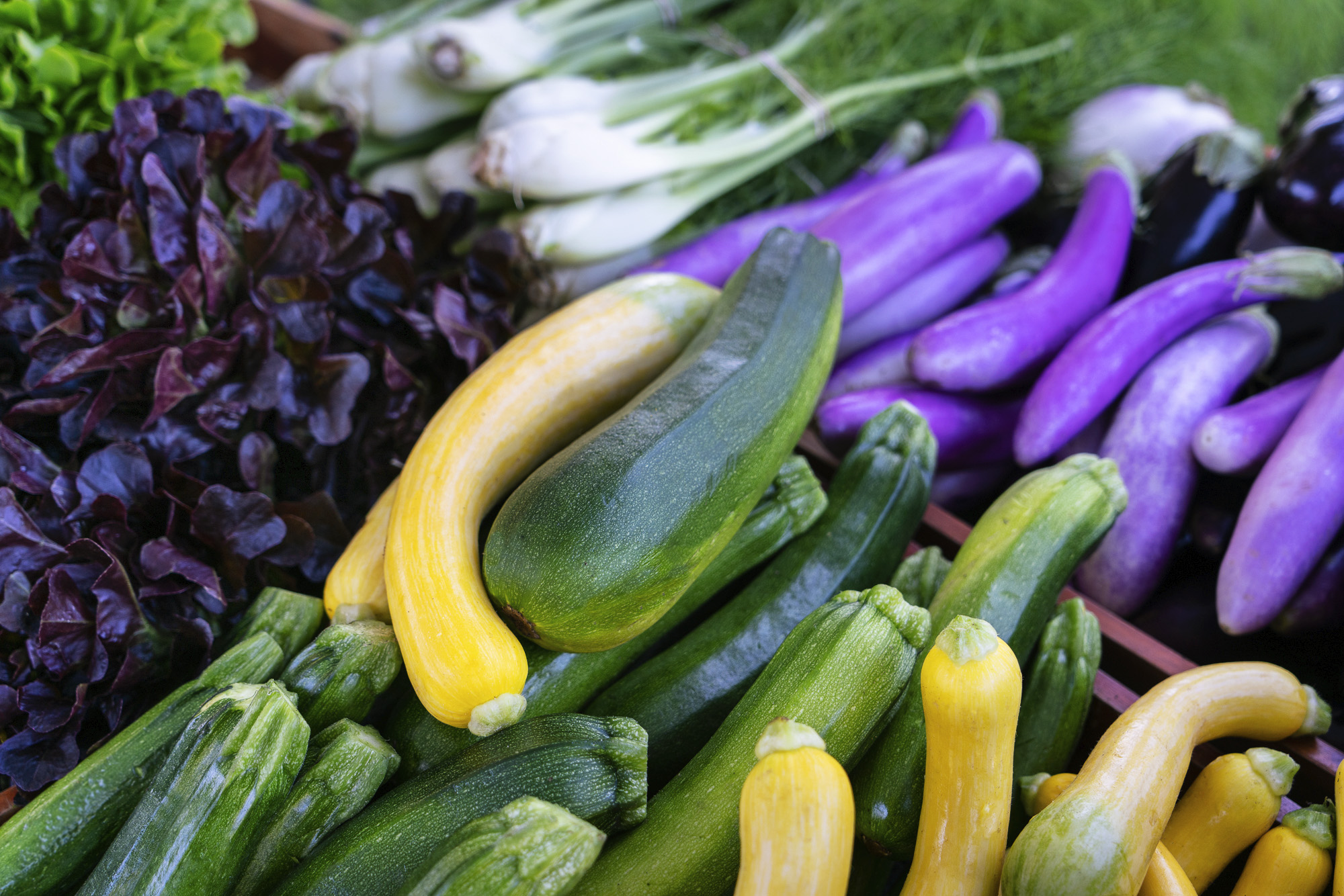
Avoid pesticides in your own yard, but also in the produce you buy. Buying organic is a good way to go. Shown here is produce from Orchard Hill Organics of Katonah, New York.
-

Drink shade-grown coffee: More trees left standing provide more habitat for birds and other wildlife, and act as carbon sinks. Here is an article highlighting ten shade-grown coffee options.
-
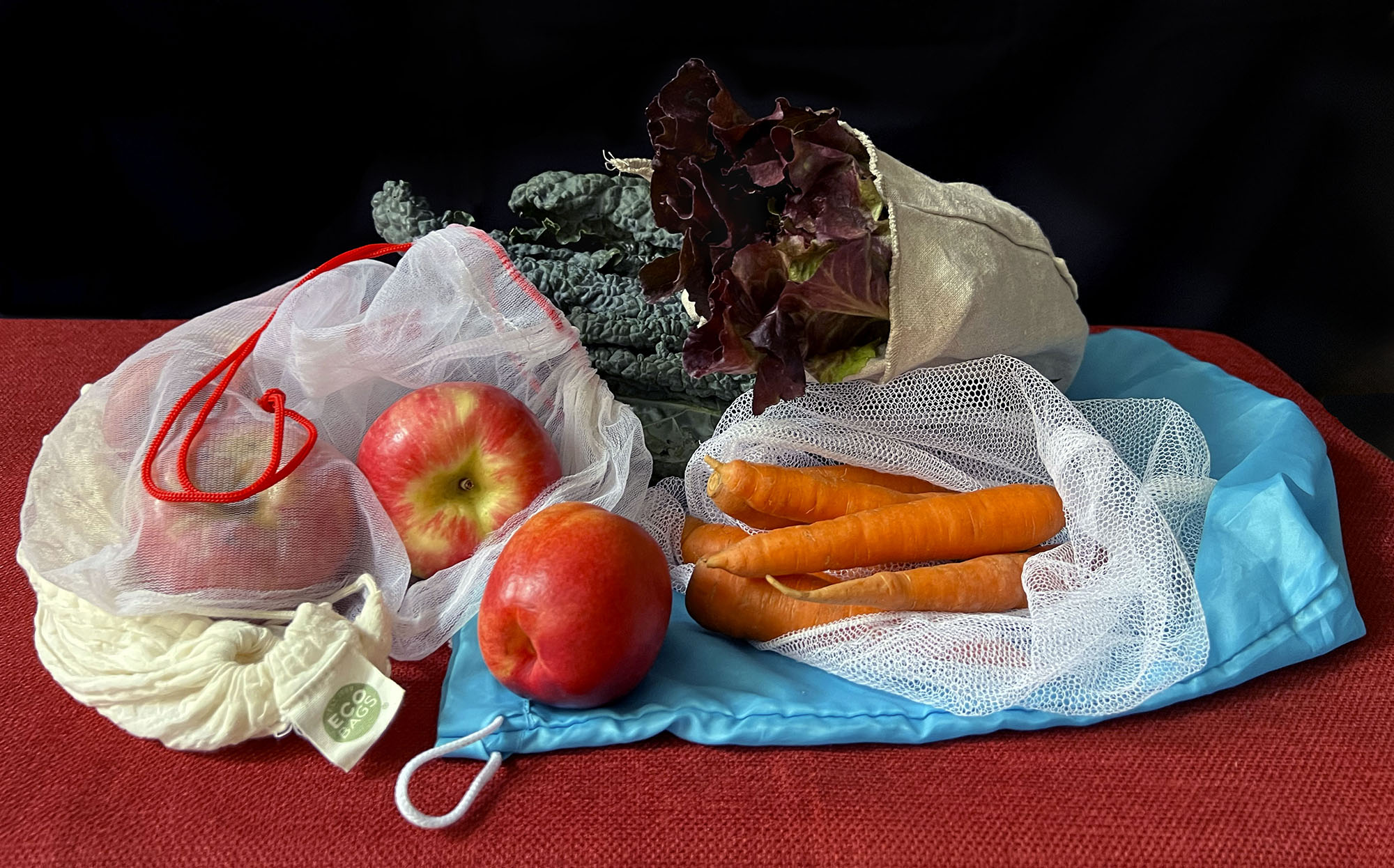
Buy & use less plastic: Worldwide, nearly 5,000 metric tons of plastic have accumulated in our landfills and environment. Read this article published by the United Nations outlining more reasons to reduce plastic pollution.
-
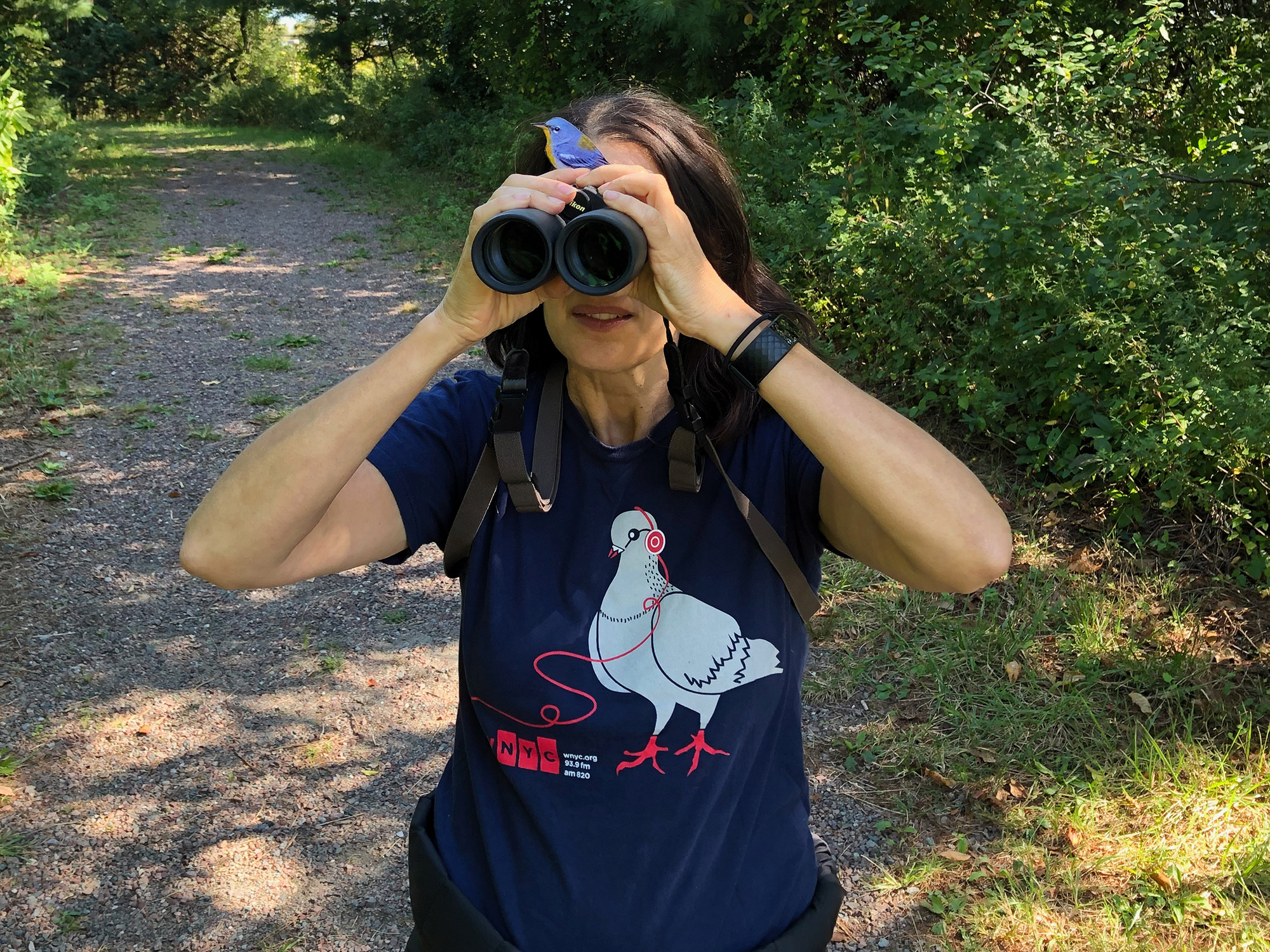
Become a birder and share your observations: Citizen-science projects such as eBird, Project FeederWatch, Christmas Bird Count, Breeding Bird Survey, or the International Shorebird Survey all help scientists learn more about how birds and our environment are faring in this changing climate.
-

Make sure to also check out the Resources on this site to learn more about birds and ways to protect them.
The above Actions list was adapted from the Cornell Lab of Ornithology and the National Audubon Society websites.